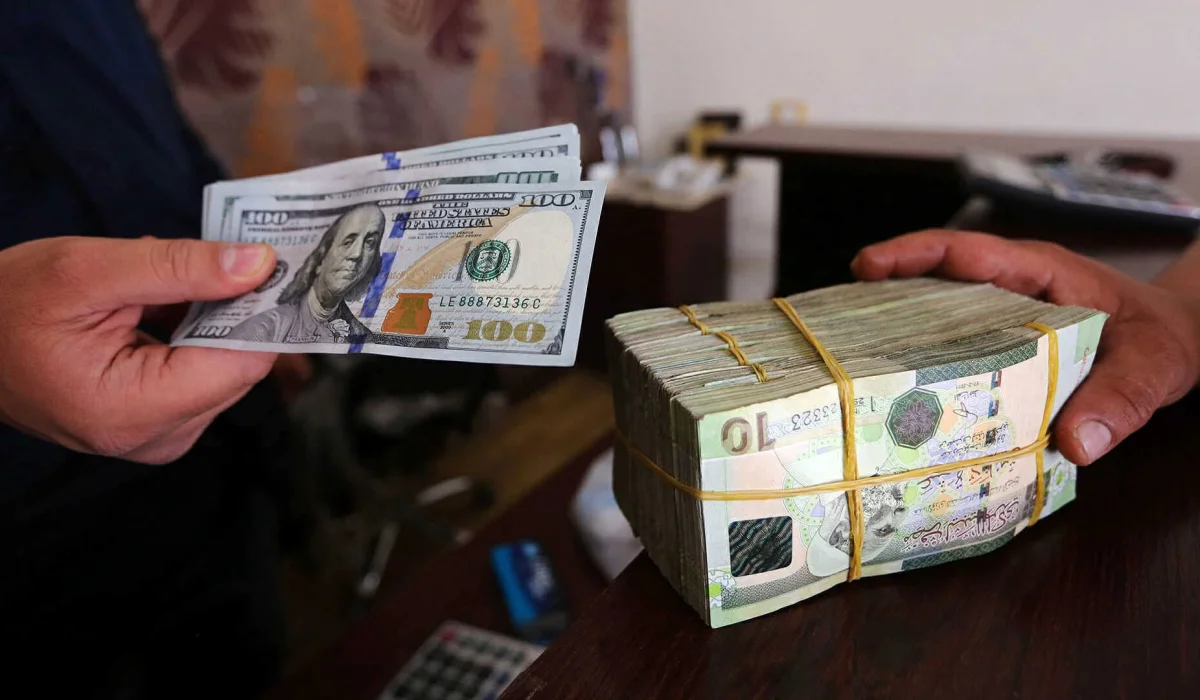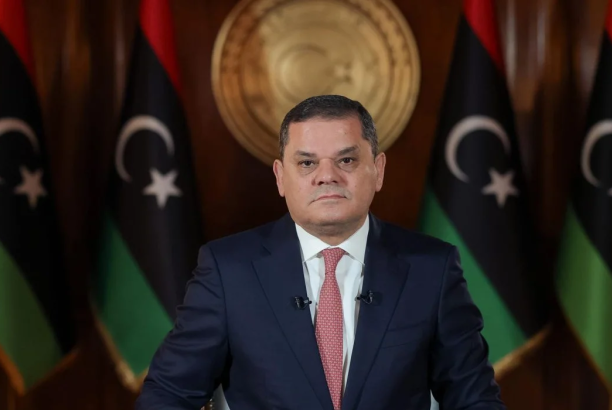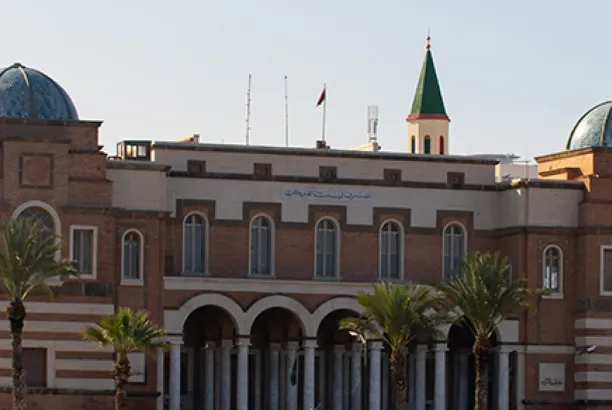
| News
Al-Farisi to Erem News: “If a Unified Budget Is Not Reached and Unrestrained Spending Continues, the Currency Will Be Devalued Repeatedly”
In a statement to Erem Business, Professor of Economics at the University of Benghazi, Ayoub Al-Farisi, said that the International Monetary Fund (IMF) typically intervenes in a country’s economic decision-making when that country requests a loan. The IMF then seeks to ensure repayment by imposing reforms, taxes, currency devaluation, and flotation. In exchange for the loan, these recommendations become binding. However, Libya is a donor state, not a borrowing one — thus, the IMF’s decisions regarding financial reform are non-binding and merely advisory.
Al-Farisi added that the main obstacle to implementing any reform package, according to him, is the political division, which has delayed reaching an economic framework that would ease pressure on the currency. He noted that the recent currency devaluation was due to excessive spending that the Central Bank could not cover based on revenue levels and global oil prices.
He further explained that a new decision to devalue the dinar does not rest solely with the Central Bank but also depends on the state’s public financial behavior and whether a unified budget can be achieved.
He concluded by saying: “If a unified budget is not reached and unrestrained spending continues, the currency will be devalued again and again. But if financial discipline is achieved and a unified budget is approved, we are heading toward stability.”





